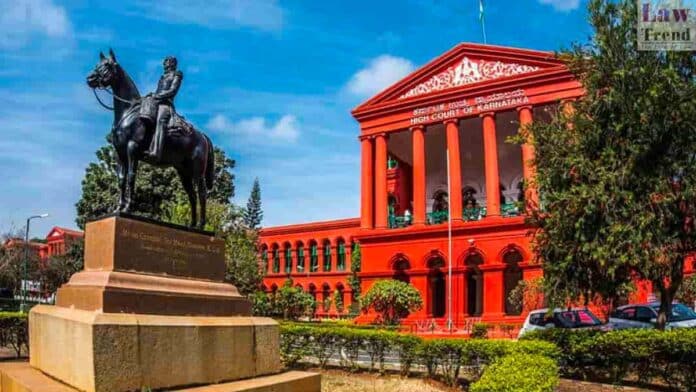The Karnataka High Court, in a critical decision, reaffirmed the principle that foreign judgments cannot override substantive evidence under Indian law. A division bench comprising Justice Krishna S. Dixit and Justice C.M. Joshi, while deciding RFA No. 220/2015, partially reversed a trial court’s decision in a recovery suit filed by the U.S.-based Associated Textiles Inc.
To Read More Please Subscribe to VIP Membership for Unlimited Access to All the Articles, Download Available Copies of Judgments/Order, Acess to Central/State Bare Acts, Advertisement Free Content, Access to More than 4000 Legal Drafts( Readymade Editable Formats of Suits, Petitions, Writs, Legal Notices, Divorce Petitions, 138 Notices, Bail Applications etc.) in Hindi and English.




